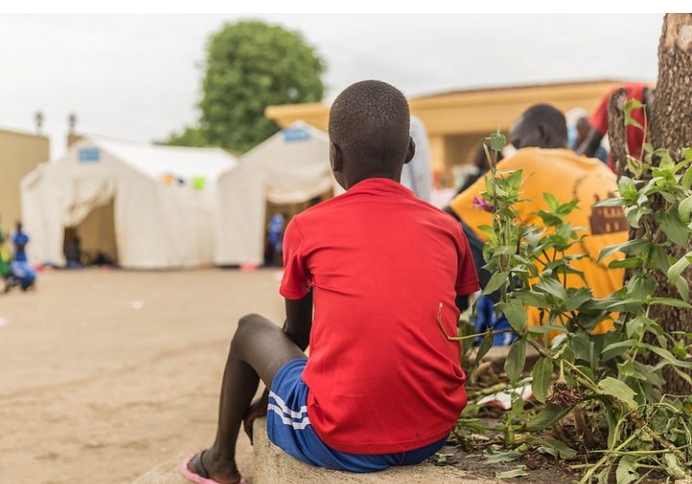As Nigeria marks another Children’s Day on 27 May, the country remains one of the most difficult places to be a child.
Development Diaries reports that the rights of children are violated daily and almost with impunity in Nigeria, figures from the Organisation for World Peace show.
In one of its reports, the United Nations Children’s Emergency Fund (UNICEF) noted that six out of every ten children in Nigeria experience some form of violence, and one in four girls and ten percent of boys have been victims of sexual violence.
The UNICEF report also noted that with more than 23 million girls and women who were married as children, Nigeria has the largest number of child brides in Africa.
The prevalence of child rights violations in the country has been widely reported, with the National Human Rights Commission (NHRC), noting that it received over 200,000 petitions bordering on child rights violations in 2020 alone.
To guarantee the rights of all children, Nigeria adopted the Child Rights Act (CRA) in 2003. That move was in line with the United Nations (UN) Convention on the Rights of the Child and the African Charter on the Rights and Welfare of the Child.
According to the convention, children’s rights include the right to family life, play and recreation, as well as health, and education.
It also entails an adequate standard of living and being protected from abuse and harm.
The CRA provides for the protection of children against discriminatory, harmful and exploitative practices. Although more than 30 of Nigeria’s 36 states have domesticated the Act, the enforcement of it remains a challenge.
Poverty and limited access to basic education are notable challenges many children in Nigeria face. In fact, conflicts taking in various forms have already compounded situations that are undoubtedly tough for children to deal with.
Save the Children, in its 2021 Global Childhood Report, revealed that Nigeria ranked below veritable hellholes like Yemen and Syria. The 2022 data on out-of-school children by the United Nations Educational, Scientific and Cultural Organisation (UNESCO) revealed that Nigeria had about 20 million out-of-school children. In many cases, the girl-child is denied the opportunity to go to school as it is considered a waste of resources, hence they are confined to domestic chores and considered to be only fit for the kitchen.
Other factors hindering children’s access to education are poor funding of education, both at the federal and state levels.
Development Diaries believes that the enforcement of the CRA across the states that have adopted it leaves a lot to be desired. We, therefore, call on the states that have yet to sign the child rights bill into law, including Bauchi, Gombe, and Kano, to immediately do so. We also call on the states that have domesticated the law to ensure its full enforcement.
Photo source: UNICEF Ethiopia www.developmentdiaries.com














